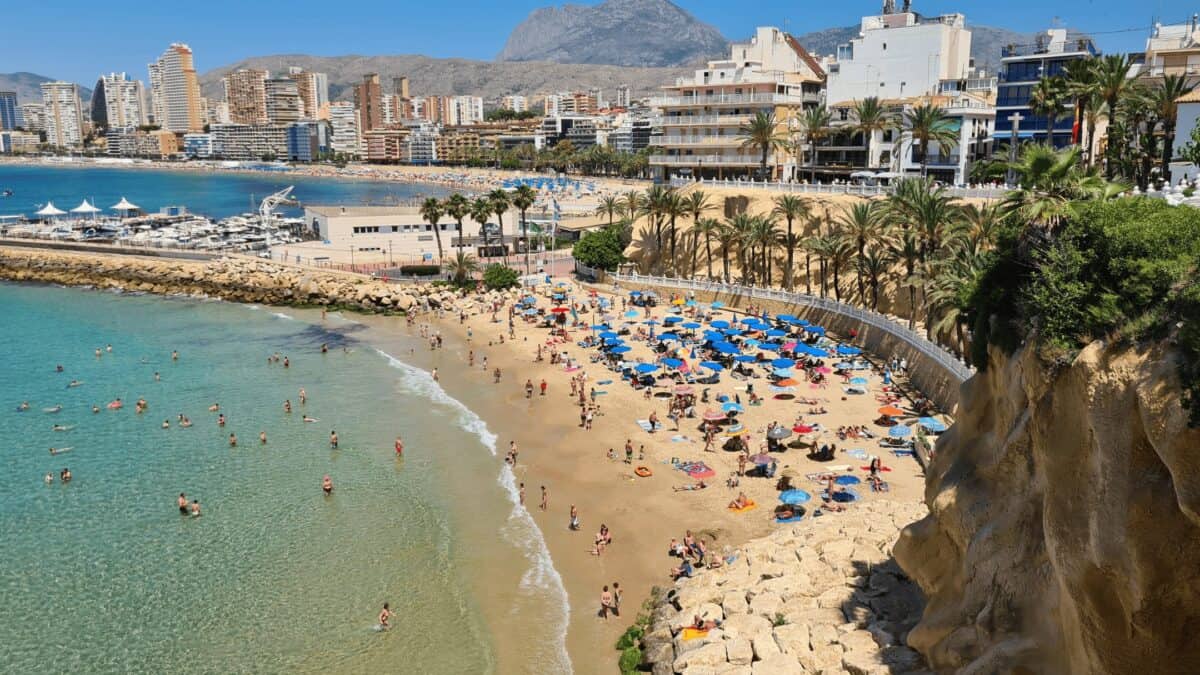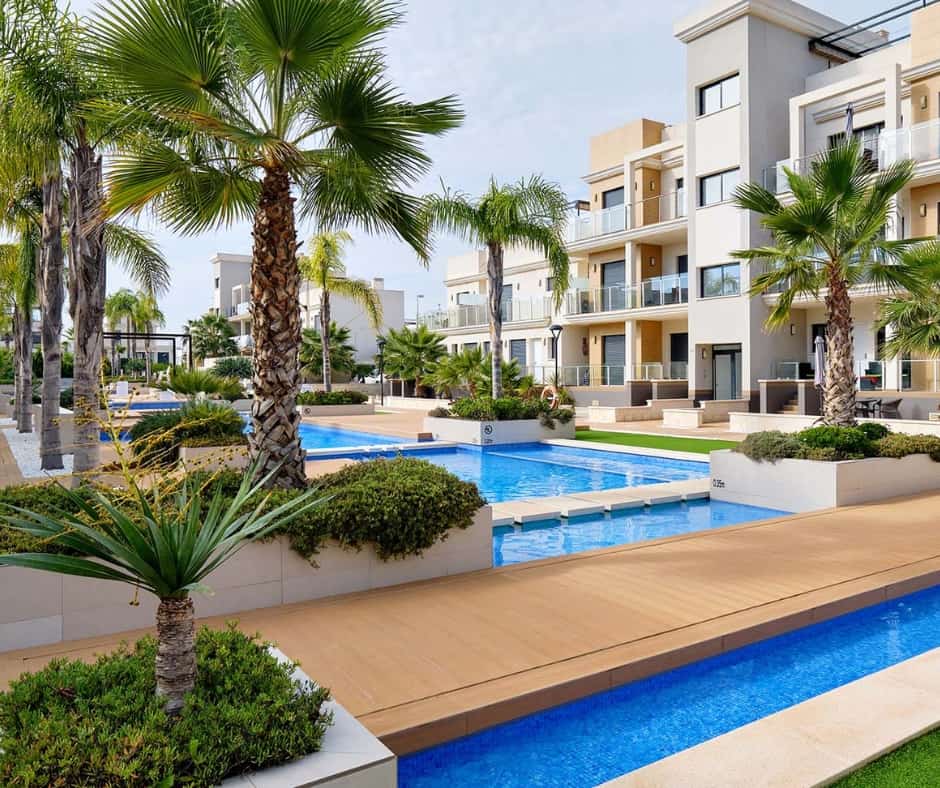Purchasing property in Spain is an exciting venture, offering a beautiful lifestyle in a country known for its stunning climate and vibrant culture. However, for UK buyers, navigating the Spanish property market can be more complex than anticipated. This blog serves as part 2 of our guide on the 7 Biggest Mistakes to Avoid When Moving to Spain, advising on how to avoid more crucial mistakes that many Spanish property buyers make.
5 More Mistakes to Avoid When Purchasing a Property in Spain
Not Securing an NIE Number Early On
One of the first steps in buying property in Spain is obtaining an NIE (Número de Identificación de Extranjero). This tax identification number is required for all property transactions, including purchasing property, opening a bank account and paying taxes. Without it, you won’t be able to make a property purchase.
Solution: Secure your NIE number as early as possible in the process. You can apply for it either at the Spanish consulate in the UK or at a local police station in Spain. By getting your NIE sorted before you start your property search, you’ll avoid unnecessary delays further down the line.
Failing to Verify the Property’s Legal Status
A common mistake many UK buyers make is failing to properly verify the property’s legal status. This includes checking the property’s ownership, ensuring there are no outstanding debts attached to it, and verifying that it has the necessary planning permissions for any renovations or changes.
Solution: It’s essential to hire a qualified lawyer to conduct thorough due diligence on the property. They will verify that the property is legally sound, ensuring it’s properly registered and free from any debts or legal issues.
Overlooking Local Taxes and Fees
Many buyers overlook the range of additional taxes and fees that come with purchasing property in Spain. Apart from the price of the property, you’ll need to budget for Property Transfer Tax (ITP), notary fees, lawyer fees and other costs, which can increase the purchase price by up to 10-15%.
Solution: Be sure to factor in these costs when setting your budget. Consult with a local property advisor or lawyer to ensure you understand all the financial aspects of the transaction. Having a clear understanding of the total costs will help you avoid any unpleasant financial surprises.
Skipping the Property Survey or Inspection
Particularly when purchasing abroad, some buyers skip the property survey due to the added cost, the convenience of not being able to physically inspect the property themselves, or the belief that the property is in good condition based on online listings and photos. This is risky, especially when buying older properties, as hidden structural issues or repairs could be expensive in the long run.
Solution: Always hire a professional surveyor to inspect the property. Even new properties can have defects that may not be immediately visible but could lead to costly repairs. A thorough inspection will give you peace of mind, ensuring that the property is in good condition.
Not Fully Understanding the Property Buying Process in Spain
The property buying process in Spain is different from the UK’s, and many buyers fail to fully understand the steps involved. From obtaining an NIE number to completing the final transaction at the notary, the process can be confusing for first-time buyers.
Solution: Take time to learn about the entire process before making any commitments. Understanding each step, from obtaining your NIE number to the final signing at the notary, will prevent confusion and help ensure your purchase goes smoothly. Working with a professional who knows the process inside out will make the process much easier.
Bonus Tips for a Smooth Property Purchase in Spain
Bonus Tip 1: Work with a certified real estate agent (API) registered with local authorities to make sure all legal requirements are met.
Bonus Tip 2: If purchasing off-plan property, always verify the developer’s reputation and past projects to ensure the property will be completed on time and as promised.
Bonus Tip 3: Consider the long-term investment potential of your property. If you plan to rent it out, look for areas with strong rental demand.
A Smart Spanish Property Buying Checklist
☐ Ensure your NIE number is obtained and all paperwork is in order before starting your property search.
☐ Verify the property’s legal status and conduct a thorough survey.
☐ Account for all costs, including taxes, notary fees and legal expenses when setting your budget.
☐ Hire an independent lawyer who truly understands Spanish property law.
☐ Research the local market, zoning regulations and future development plans to ensure the area suits your needs.
Navigating the Spanish Property Market with Confidence
Avoiding these common mistakes will help you navigate the Spanish property market with confidence and ease. With the right approach and guidance, buying property in Spain is a rewarding and life changing experience. It’s essential to work with trusted professionals, be thorough in your research and understand the unique aspects of the Spanish property system to protect your investment and ensure a smooth purchase.
Spain offers fantastic property opportunities for both holidaymakers and permanent residents, so take your time, do your research and you’ll be on the right path to securing your dream property.
Contact 5 Real Estate for expert advice and assistance throughout the buying process. Our team is here to guide you every step of the way, ensuring a smooth and successful purchase.
FAQs
Can foreigners legally buy property in Spain?
Yes, non-Spanish nationals can legally buy property in Spain. However, you must meet all legal and tax requirements, such as obtaining an NIE number.
How much are the taxes and fees when buying property in Spain?
The taxes and fees can range from 10% to 15% of the purchase price, including Property Transfer Tax (ITP), notary fees, legal fees and registration fees.
Is it better to buy off-plan or resale properties?
It depends on your preferences. Off-plan properties offer the potential for customisation, while resale properties are ready to move in but may require some renovation.
What is the Golden Visa and who qualifies?
The Golden Visa is a residency visa for non-EU nationals who invest at least €500,000 in Spanish property. It allows for long-term residency and potential citizenship.


